Life As An International Postdoc: Julien Matricon
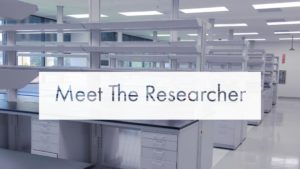
Tell me about yourself, what are you passionate about? How did you first get interested in science?
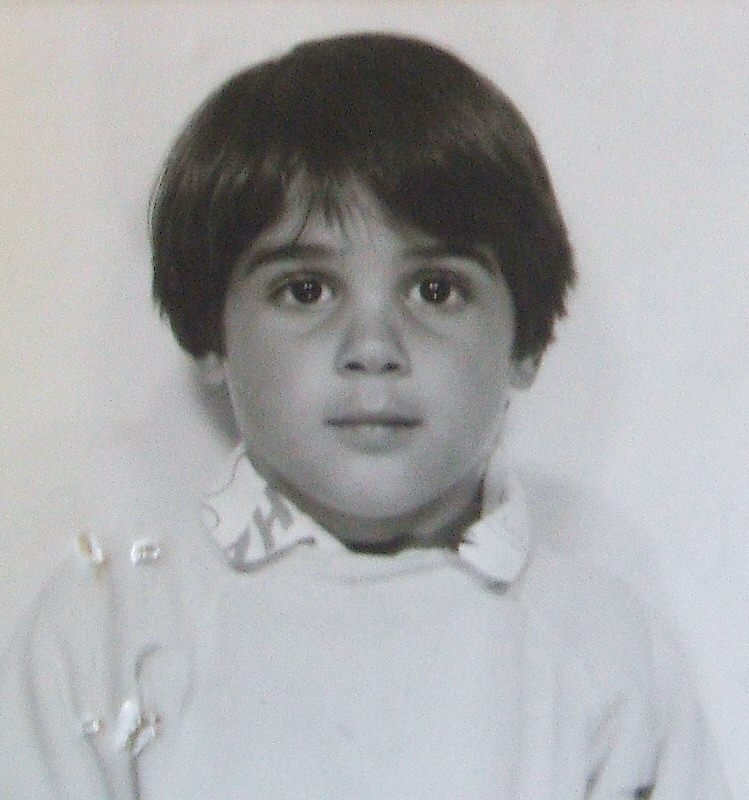 Do you sometimes look back and wonder how the kid you were became the grown up you are now?Understanding what makes us who we are has always been fascinating to me.
Do you sometimes look back and wonder how the kid you were became the grown up you are now?Understanding what makes us who we are has always been fascinating to me.
This is how I got interested in
neuroscience, and why I started studying neurodevelopment and biological psychiatry.
In grad school, this is what got me into researching neuropsychiatric diseases and trying to decipher how environmental factors can direct normal brain development onto a pathological trajectory.
Why did you pick UT Health Science Center?
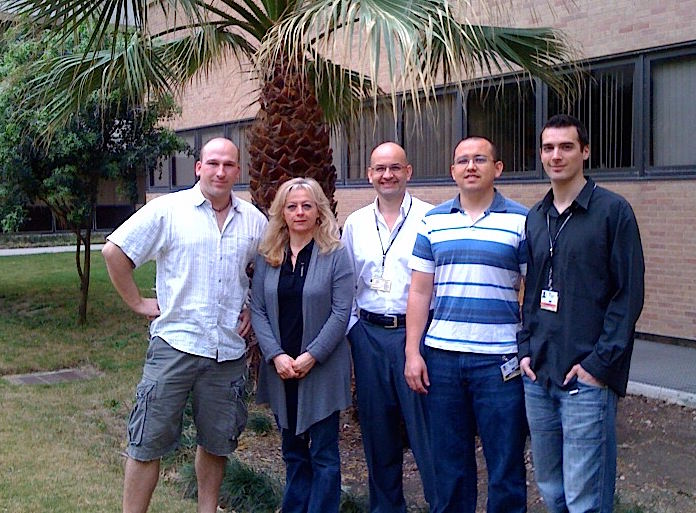
With its focus on schizophrenia and
Parkinson’s disease, my postdoc mentor’s lab (Dr. Andrea Giuffrida’s lab) was
the perfect place for me to be.
The research projects allowed me to improve my
knowledge of these psychiatric diseases while investigating how environmental factors such as cannabis can contribute to their symptomatology.
The fact that the lab is nested in a health science center is a tremendous asset because the research, although fundamental, is geared towards helping patients and eventually, curing diseases, which I find incredibly meaningful.
I know you are an international postdoc, tell me about your experience as an international postdoc?
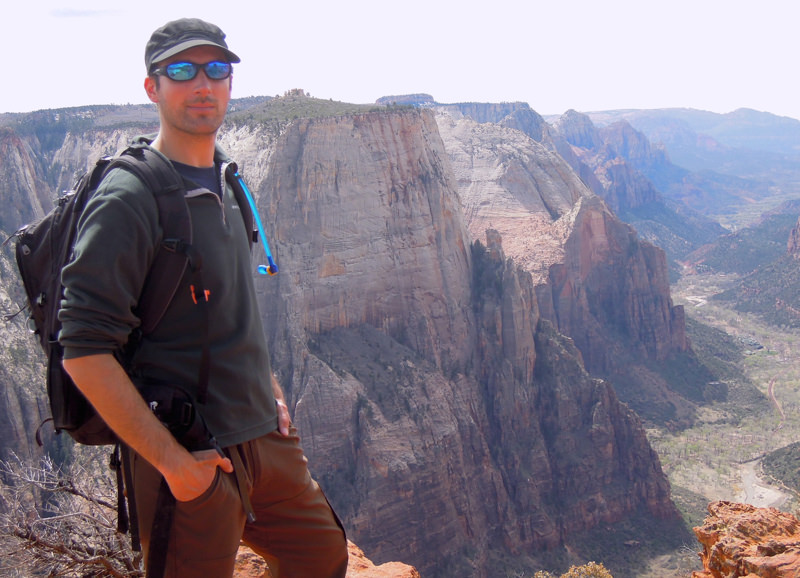
To my mind, the beauty of the USA resides in that it achieved to become a “home for the world.” The richness and the energy driven by the multiculturalism, the diversity and all the talents that converge to the country are incredible.
The UTHSCSA holds true to this idea. I loved having colleagues and fellow postdocs from all over the world. Confronting my culture, my beliefs, my ways of thinking, to the American culture was invaluable. It opened my mind further, made me more aware of my strengths and weaknesses, helped me get more perspective on the world and better understand myself, and it also led me to develop incredible friendships. I learned so much, it keeps putting me in awe when I think about it.
Is it difficult to be an international postdoc? What are some challenges you have faced?
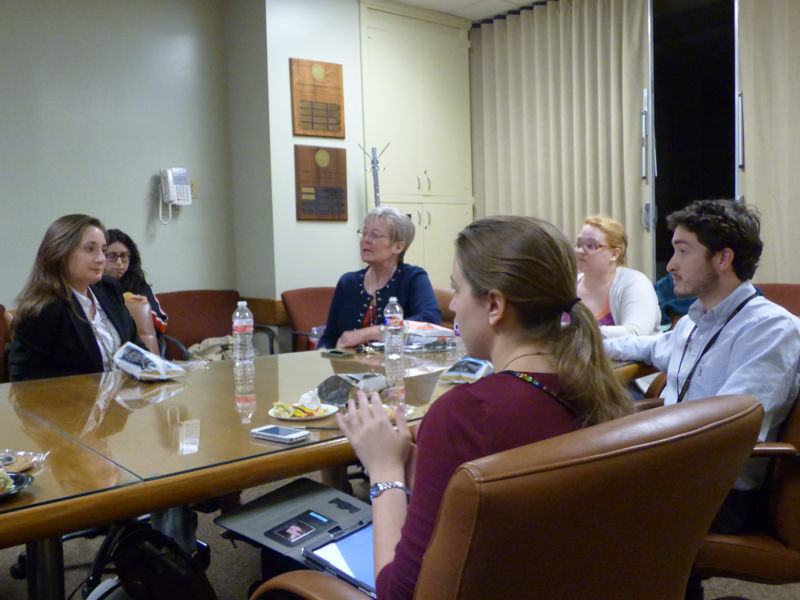
Of course, being away from home in a totally new environment is challenging. Sometimes very challenging. Work wise, the main challenge at the beginning is to manage to stay focused on research and work fingers to the bones, while settling down and going through all the administrative steps in a language that is not your native language.
The first couple of months are surprisingly draining, but international postdocs can get amazing help from their department staff, their lab mates, the Office of International Services (OIS), the UTHSCSA Postdocs Association (UP), and the Office of Postdoctoral Affairs (OPA).
Personally, the biggest challenges I faced were to find my way through the bank credit system (e.g. it took me more than a year before I was able to buy a car), to deal with loneliness until I finally built my network of close friends, and to navigate the intricacies of the U.S. culture, in particular relationships, since the American and the French ways of being are extremely different.
Tell me more about your involvement with leadership for international postdocs, what you’ve have done, and why you are passionate about it?
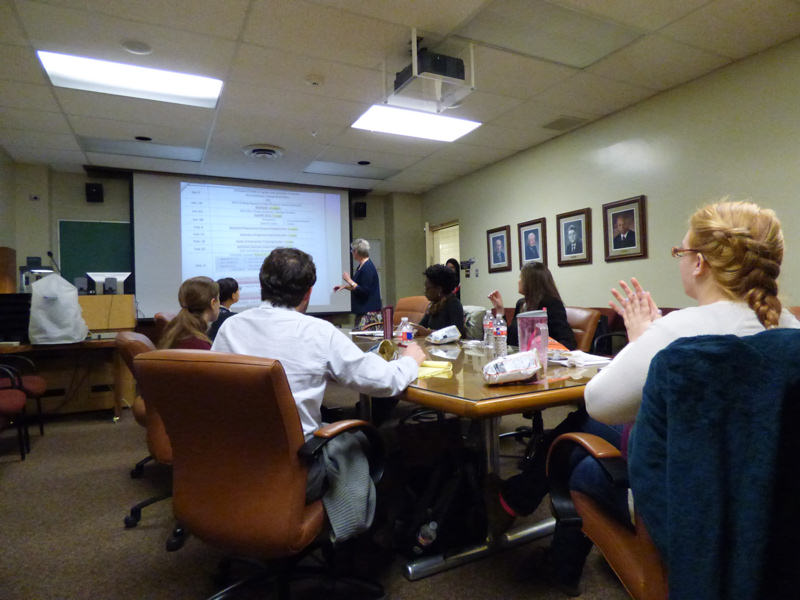
When Dr. Linda McManus became Director of
the brand new Office of Postdoctoral Affairs in 2013, she prompted a small
group of dedicated postdocs to create a postdoctoral association. It was an
amazing opportunity to witness and contribute to the creation of UP. As an international postdoc, I was naturally passionate about addressing issues that international postdocs face.
Under my UP term as International Affairs Chair, I cooperated with other UTHSCSA offices (namely, the Office of International Services, the Office of Postdoctoral Affairs, the International Relation Committee, the Graduate Student Association, and Student Life) to make life easier for international postdocs.
We were able to compile a comprehensive Newcomer Handbook, find credit institutions financing international scholars with no credit history, and promote the visibility and inclusion of international UTHSCSA employees through cultural events. Dr. Diana Salazar, director of the OIS, and Dr. Patricia Rosa de Araujo, who took over my international role at UP, are pursuing these efforts with great success.
Tell me about your internship with the Office of Technology Transfer and Commercialization.

Doing research at the bench can be very
exciting but it usually takes a (very) long time to see discoveries move into
the real world. When I first heard Dr. Christine Burke, a Career Advisory Council member, talk about the Office of Technology Transfer and Commercialization (OTTC), I thought: Oh my, this sounds like a very cool way to make an impact on society by helping inventors, businesses and start-ups develop their innovations and get them out there.
I was extremely fortunate that my postdoctoral mentor Dr. Andrea Giuffrida and the Office of Postdoctoral Affairs Director Dr. Linda
McManus encouraged me to explore this career path. Dr. Burke accepted to take me into training as an OTTC intern with a very flexible schedule, which enabled me to minimize the impact of this training on my academic research. Not only did this internship gave me the opportunity to discover a whole new world (the mysterious business world) but it also gave me invaluable knowledge of invention management. I can now use this experience to apply to technology transfer or research project management jobs in France, which were beyond my grasp until then!
What are you doing now and what are your
plans for the future?

In France, only a dozen faculty positions open each year. Needless to say, with such a competition, it is almost impossible to get an academic job.
I would like to come back to the U.S. to
continue doing research but in case it would not be possible, I also considered re-directing my career towards technology transfer and promotion of innovation.
Have you enjoyed your time at UT Health Science Center? What have you learned? What are some memories you have or advice you would give to other international postdocs?
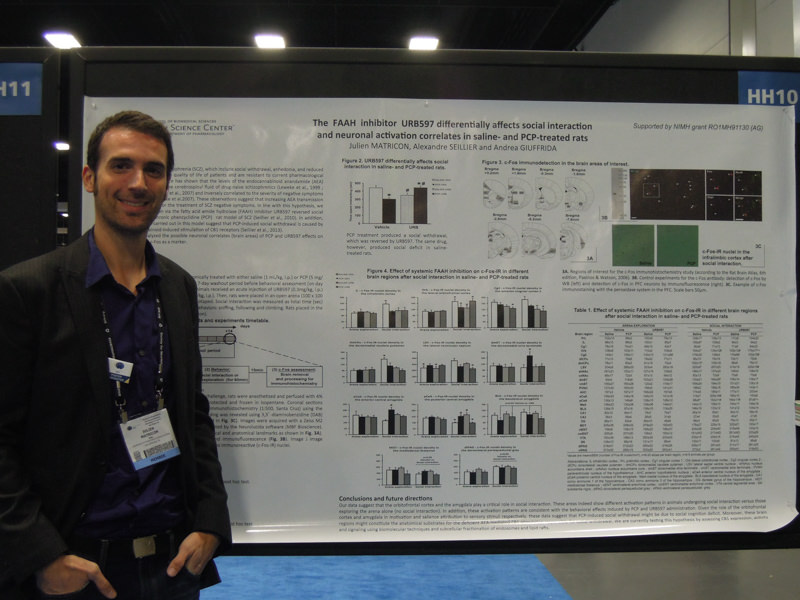
My time at UTHSCSA was amazing. I learned
new techniques and gained new knowledge. I discovered a work environment that
was incredible, with access to top-notch equipment, world-class scientists,
incredible scientific emulation driven by the seminars, journal clubs, chalk talks, and career development events that go on weekly. I really appreciated
the efforts my department (the Department of Pharmacology) put into building a sense of community – even family- between faculty, staff, students and postdocs.
It makes the heck of a difference. As always in life (and in research), there were ups and downs but what counts in the end is to make the best of your circumstances, good or bad. I honestly couldn’t have wished for more. I also feel incredibly lucky that I got to live in two different countries and I can now take the best of both worlds to shape my life.
What I would say to other international postdocs is to be ready for
and jump on every opportunity. You never know where they will take you, but be certain that they will take you further on your life path. And I’m not talking only about research-related opportunities. The postdoc training aims at making you a better scientist for sure, but also at making you a better person. Let your postdoc be transformational!
This article is part of the “Meet The Researcher” series which showcases researchers at the Graduate School of Biomedical Sciences at University of Texas Health Science Center San Antonio.
